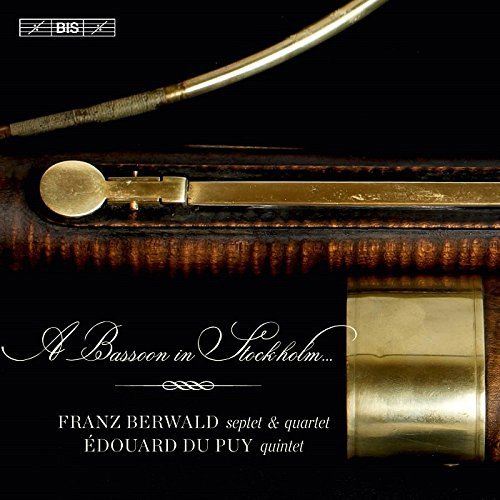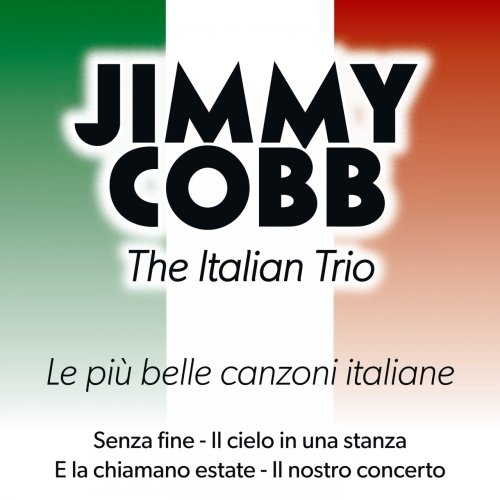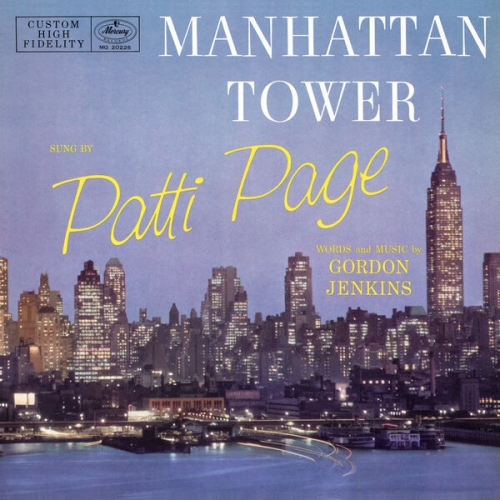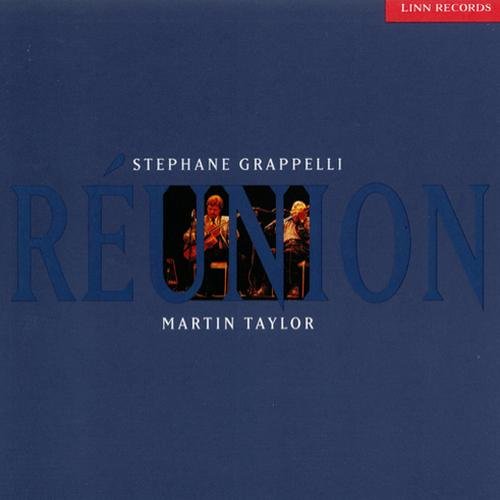Donna Agrell - A Bassoon In Stockholm (2016)

Artist: Donna Agrell
Title: A Bassoon In Stockholm
Year Of Release: 2016
Label: BIS
Genre: Classical
Quality: FLAC (image + .cue, log, artwork)
Total Time: 68:53 min
Total Size: 308 MB
WebSite: Album Preview
Tracklist:Title: A Bassoon In Stockholm
Year Of Release: 2016
Label: BIS
Genre: Classical
Quality: FLAC (image + .cue, log, artwork)
Total Time: 68:53 min
Total Size: 308 MB
WebSite: Album Preview
1. Septet in B-Flat Major: I. Adagio: Allegro molto
2. Septet in B-Flat Major: II. Poco adagio - Prestissimo - Adagio
3. Septet in B-Flat Major: III. Finale: Allegro con spirito
4. Bassoon Quintet in A Minor: I. Allegro moderato
5. Bassoon Quintet in A Minor: II. Andante sostenuto
6. Bassoon Quintet in A Minor: III. Rondo: Allegro
7. Piano Quartet in E-Flat Major: I. Adagio: Allegro ma non troppo
8. Piano Quartet in E-Flat Major: II. Adagio
9. Piano Quartet in E-Flat Major: III. Allegro
In the mid-1980s, Donna Agrell acquired a rare Grenser & Wiesner bassoon, built in Dresden sometime around 1820. The bassoon came in its original case, with an address label indicating that the instrument had been delivered to Stockholm. Further research into the Stockholm music scene during the early 19th century revealed that instruments from Grenser & Wiesner were popular in Sweden. One who swore by his bassoon from the company was Frans Preumayr, a musician of German origin who played in the orchestra of the Royal Opera, but also made a name for himself abroad as a bassoon virtuoso, garnering praise in London and on the continent. Such a gifted player naturally inspired composers to write for him, and these included the flamboyant music director at the Stockholm opera, Édouard Du Puy, and a young Franz Berwald, employed among the strings of the opera orchestra. For the present recording Donna Agrell has chosen three chamber works which were all premièred with Preumayr on the bassoon. She is joined by colleagues from the Orchestra of the Eighteenth Century as well as by Ronald Brautigam – all of them playing period instruments – in Berwald's celebrated Septet in B flat major and the less well-known Quartet for piano and winds, and in Du Puy's Quintet for bassoon and strings.
![Mark De Clive-Lowe, Andrea Lombardini and Tommaso Cappellato - Dreamweavers II (2026) [Hi-Res] Mark De Clive-Lowe, Andrea Lombardini and Tommaso Cappellato - Dreamweavers II (2026) [Hi-Res]](https://www.dibpic.com/uploads/posts/2026-02/1772112550_tl3tb7yl8u13z_600.jpg)


![Various Artists - Lost Tracks: Accra to Addis (2026) [Hi-Res] Various Artists - Lost Tracks: Accra to Addis (2026) [Hi-Res]](https://img.israbox.com/img/2026-02/26/lqvyrzr9f9yed5j0r3zv7c1r6.jpg)




![Alcides Neto - Amú (2026) [Hi-Res] Alcides Neto - Amú (2026) [Hi-Res]](https://img.israbox.com/img/2026-02/26/mtckmw6jmvula60sukh6h3h26.jpg)